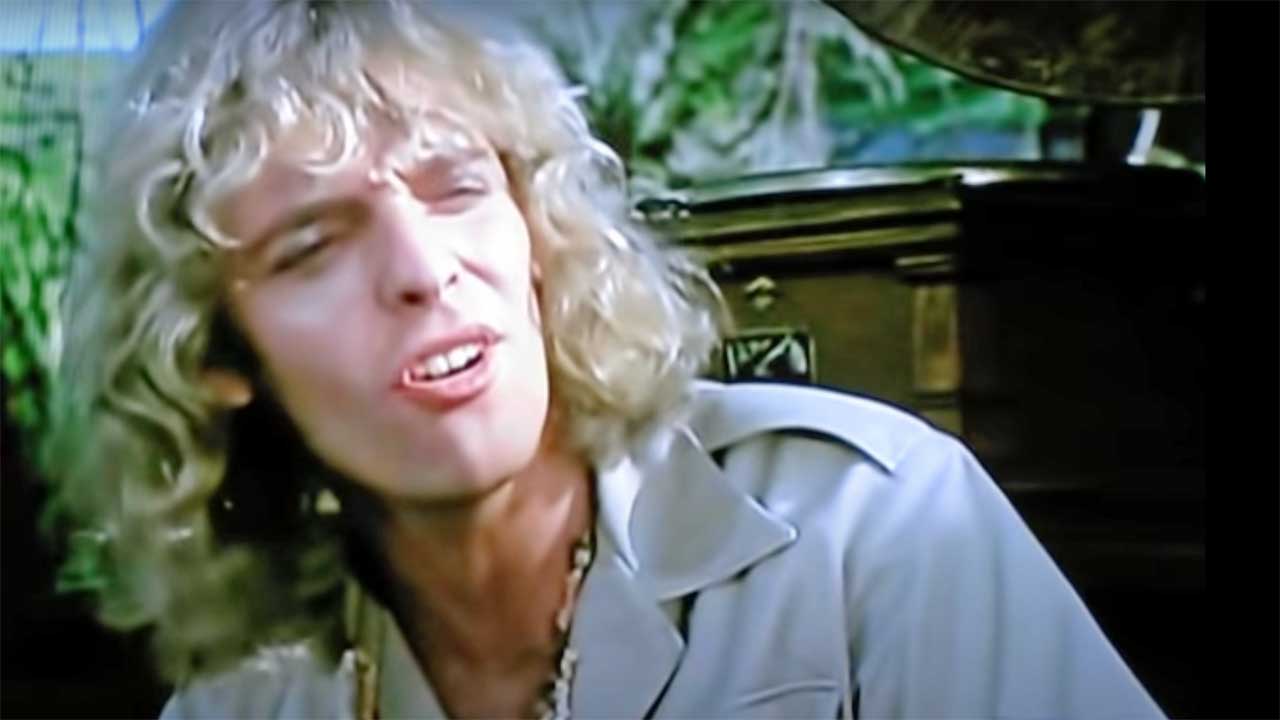Everyone remembers the swagger, the cigars, and the roaring Corsairs slicing through the Pacific skies — but behind NBC’s hit 1970s show Black Sheep Squadron (originally Baa Baa Black Sheep) was a truth far grittier, darker, and more human than television ever dared to show.
In the show, Robert Conrad played the wild, charming “Pappy” Boyington — a rebellious Marine hero leading a crew of misfit pilots through World War II. But in reality, Gregory “Pappy” Boyington was no polished hero. He was a brilliant, broken man at war not only with the enemy… but with himself.
 🕵️♂️ THE MAN BEHIND THE MYTH
🕵️♂️ THE MAN BEHIND THE MYTH
Born in 1912 in Idaho, Boyington’s legend began long before Hollywood found him. He was bold, reckless, and utterly fearless in the cockpit — the kind of pilot who’d rather crash and burn than back down. But behind that bravado was a man haunted by defiance and self-destruction.
After clashing with Marine superiors, Boyington left to fight for the Flying Tigers, defending China against Japanese bombers before America even entered the war. When he returned, he was put in charge of a ragtag group of pilots so unruly that even the Corps didn’t want them — the VMF-214 Squadron, later known as the Black Sheep.
Under Boyington’s chaotic command, these “rejects” became one of the most feared air units in the Pacific, taking down 28 Japanese planes and rewriting combat history. But behind the headlines and medals, Boyington was falling apart — numbing the trauma of war with alcohol and reckless abandon.
 ⚰️ CAPTURED. TORTURED. FORGOTTEN.
⚰️ CAPTURED. TORTURED. FORGOTTEN.
In January 1944, Boyington was shot down and captured by the Japanese. For 20 brutal months, he endured starvation, disease, and despair in a POW camp.
When the war ended, he returned home — alive, but hollow.
The U.S. military greeted him as a hero. But Boyington himself called it “a hero’s welcome for a man who didn’t feel like one.” His postwar life was riddled with alcoholism, depression, and a desperate attempt to find peace in a world that glorified his pain.
He finally told his truth in his 1958 memoir Baa Baa Black Sheep, a raw, unfiltered look at war’s price — something the later TV show would never fully capture.
 🎥 HOLLYWOOD’S VERSION — AND THE TRUTH THEY HID
🎥 HOLLYWOOD’S VERSION — AND THE TRUTH THEY HID
When NBC turned Boyington’s story into Black Sheep Squadron in 1976, they faced a dilemma:
How do you turn a war hero’s trauma into prime-time entertainment?
The result was a glossy, action-packed adventure that downplayed the addiction, grief, and rage of the real Boyington. Robert Conrad’s portrayal made him lovable — a scoundrel with a heart of gold — but Boyington himself wasn’t amused.
“It’s Hollywood hokum,” he said. “They got the name right — that’s about it.”
In reality, the squadron’s “antics” weren’t sitcom fun; they were survival mechanisms. The real VMF-214 weren’t pranksters — they were young men living every day with death hovering above them.
 🎭 BEHIND THE CAMERA CHAOS
🎭 BEHIND THE CAMERA CHAOS
Life imitated art on set. Budget cuts, creative clashes, and personal tragedies plagued the production. Actor Red West, a close friend of Elvis Presley, learned of Elvis’s death while filming — breaking down between takes. The show’s beloved mascot, Meatball the bull terrier, often stole scenes, but few knew the dog had to be coaxed into flying sequences with treats and affection.
Despite its turmoil, the show became a cult phenomenon — romanticizing the rebellion and brotherhood that made the Black Sheep unforgettable.
 💔 THE LEGACY OF THE BLACK SHEEP
💔 THE LEGACY OF THE BLACK SHEEP
When Black Sheep Squadron ended in 1978, the world remembered Boyington as a roguish hero — but those who knew him saw something deeper: a man scarred by glory, burdened by ghosts, and desperate for redemption.
Today, VMF-214 lives on in modern Marine aviation — their jets soaring where Corsairs once roared. Their motto, “Fidem Meam Iungere” (“To unite my faith”), still echoes through history.
 ✨ THE TRUTH NEVER MADE IT TO TELEVISION
✨ THE TRUTH NEVER MADE IT TO TELEVISION
Black Sheep Squadron wasn’t just a war story — it was a mirror held up to the cost of courage.
Behind the laughter, the chaos, and the legend of Pappy Boyington lies the truth:
Heroes aren’t born perfect. They’re forged from pain, regret, and the will to rise again.





